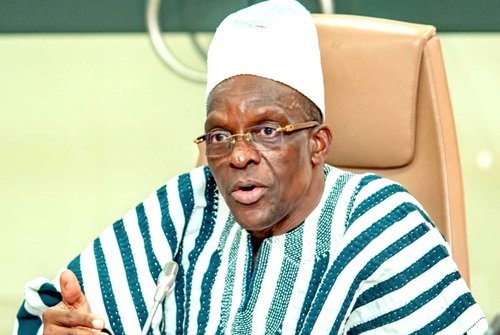
The Affirmative Action Gender Equity Act 2024 was on Tuesday passed awaiting presidential assent.
The Bill was introduced to tackle the deep-seated social, cultural, economic and political gender discrimination that have plagued the nation for decades.
It also seeks to rectify the historical discrimination against women and challenge the entrenched patriarchal systems and norms that have perpetuated inequality.
In and out of Parliament since 2011, the passage of the Bill marked a significant step towards removing barriers that have held and discriminated against women.
At the third reading on the floor of Parliament before it went on recess, the Members unanimously voted for the passage of the Bill to address the systemic gender imbalances that have hindered the progress and equality for women.
When the Speaker, Alban Sumana Kingsford Bagbin, put the question on the passage of the Bill, a loud ‘ayes’ swept through the plenary of a well-attended sitting.
“Honourable members, the ‘ayes’ have it. The Affirmative Action Gender Equality Bill 2024 now the Affirmative Action Gender Equity Act duly read the third time and passed,” the Speaker ruled.
The mere passage of the Bill, the Speaker said would not be enough unless resources were committed to the implementation. !!!!!
“Don’t just celebrate and don’t really put in place the vision that we have created for the country. But more importantly, I hope that members will commit themselves to the constitutional reforms.
“We need to do more to be able to create this free and just society we are looking for to liberate more of our women to be able to support us to develop mother Ghana,” he said.
The Bill, among other things, was expected to create equal opportunities for women to occupy critical positions in governance, public and private offices and decision-making places.
The 34-clause Bill which had six schedules was seeking to promote an equal percentage participation and representation of both men and women.
With a total of 40 female MPs in the 275-House, representing 14.5 per cent, in the current parliament, the number of women was expected to be increased to at least 30 per cent by 2030 in line with the United Nations’ Sustainable Development Goals, Goal 5.
BY JULIUS YAO PETETSI






